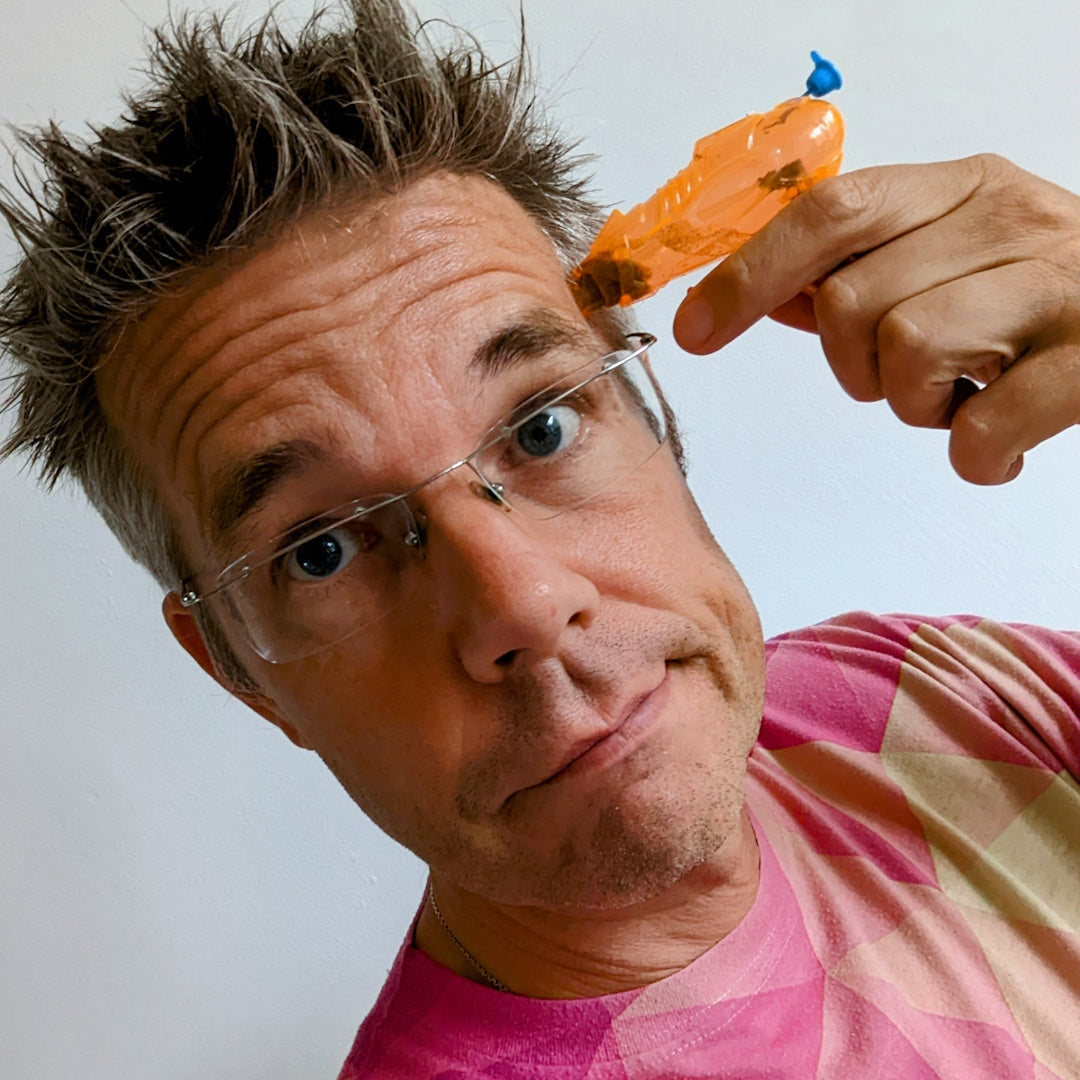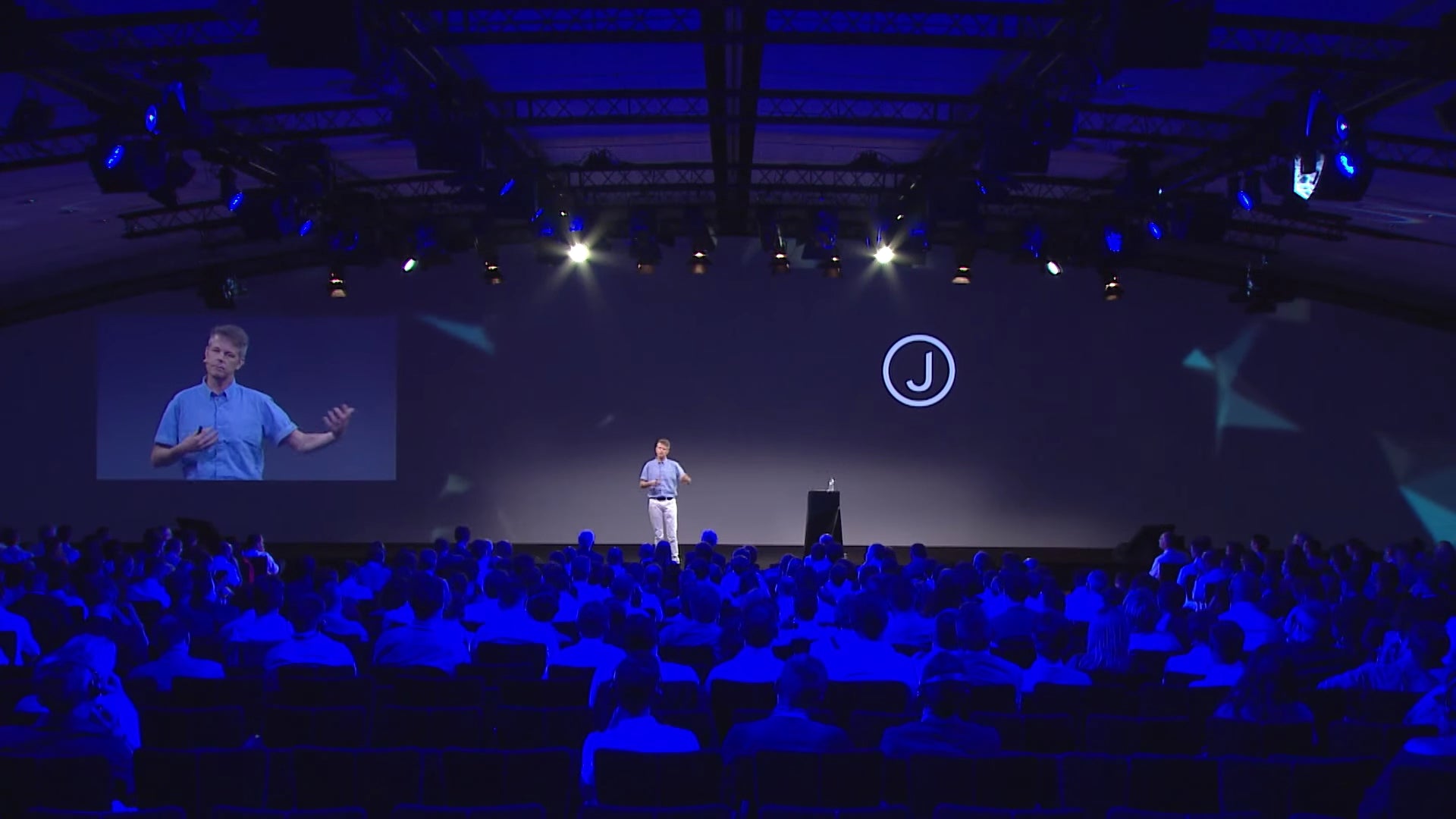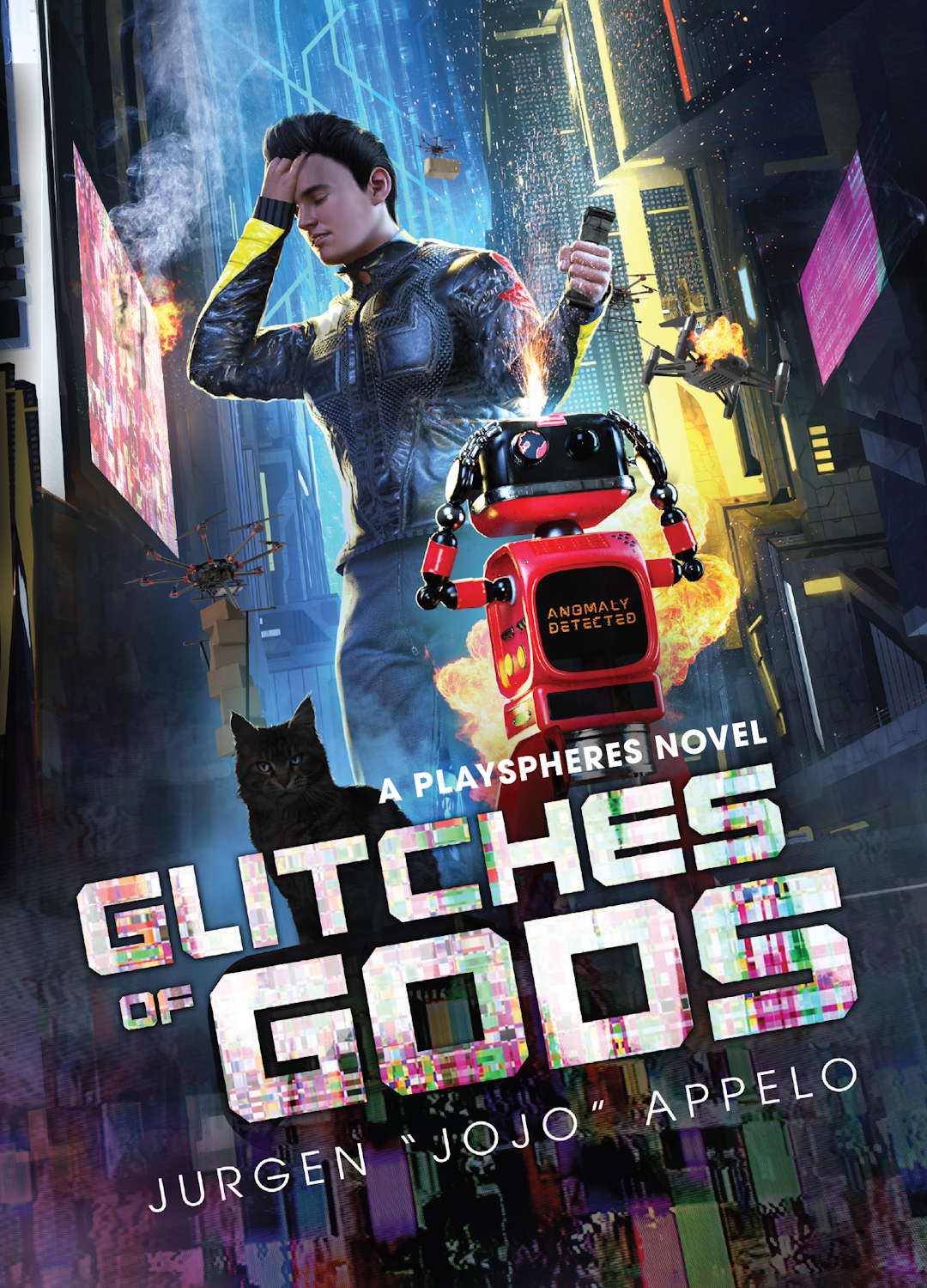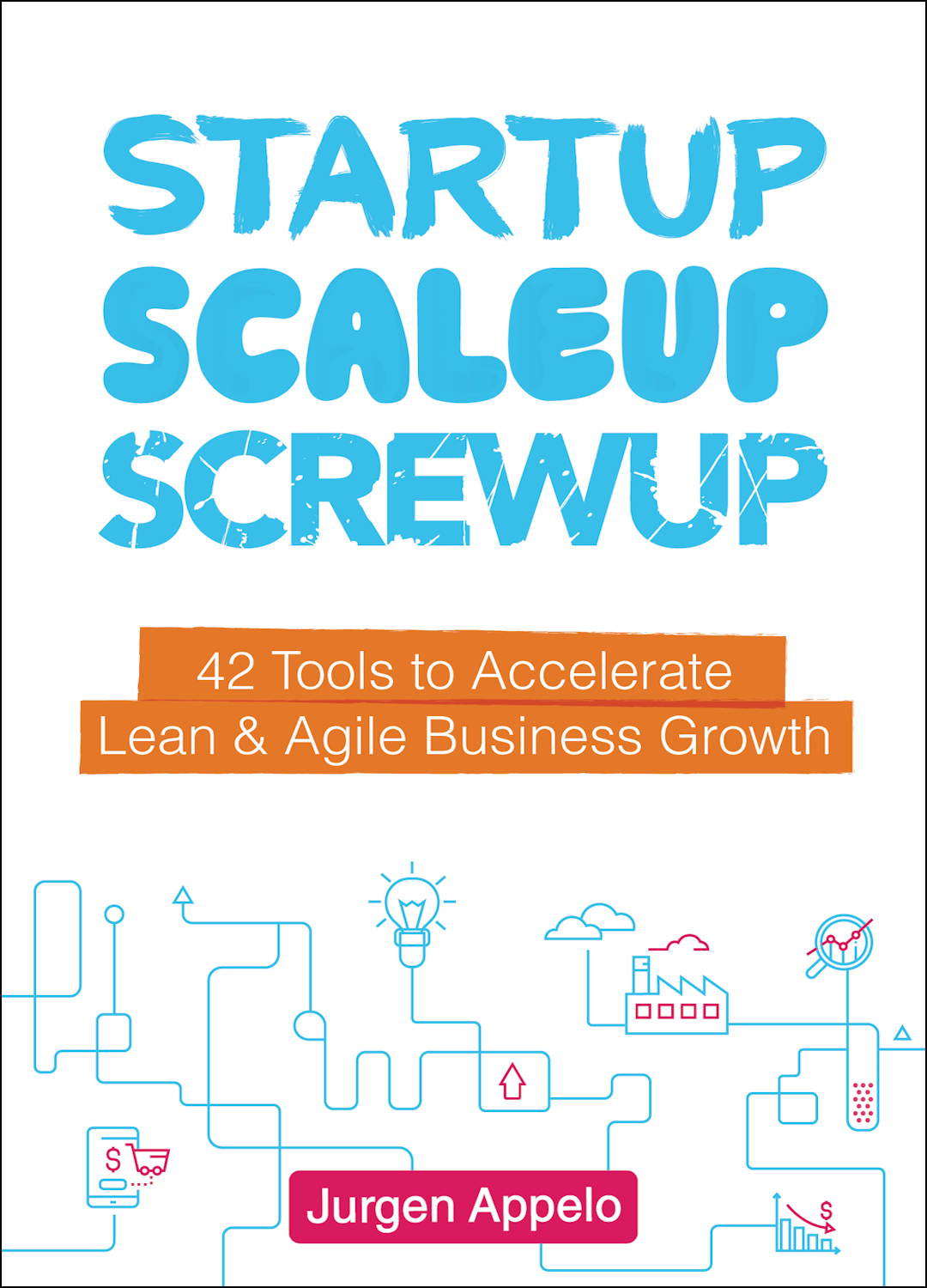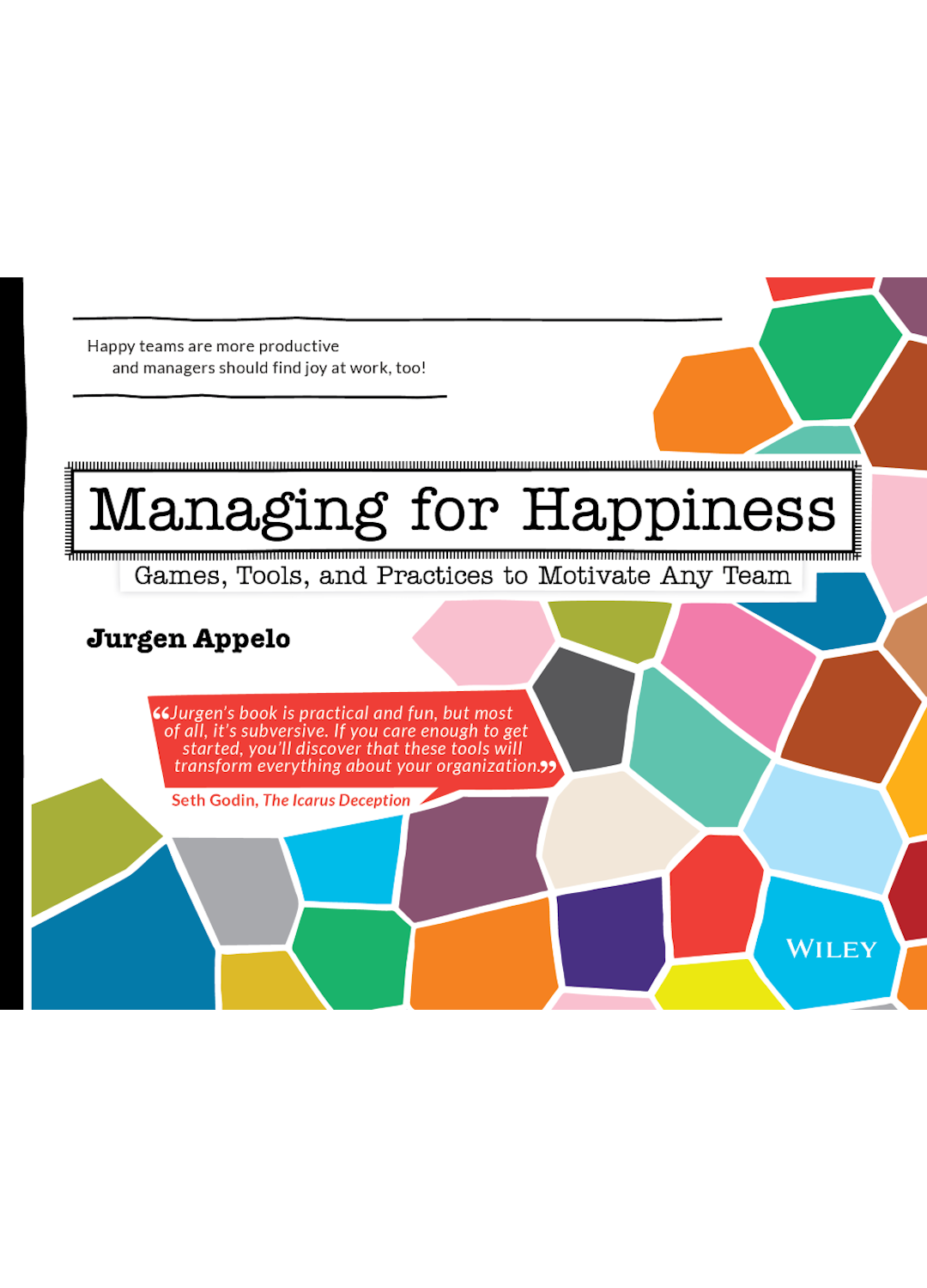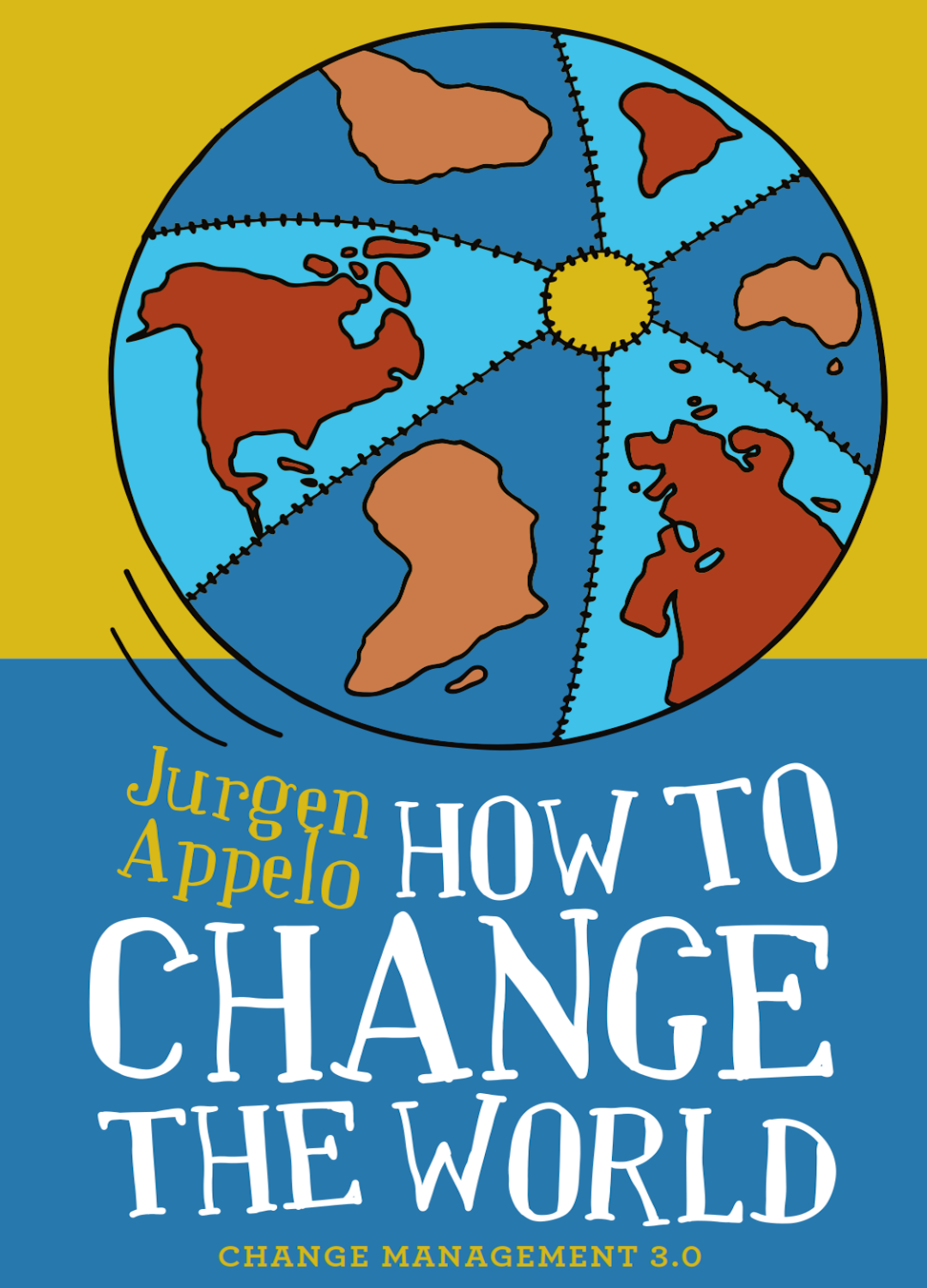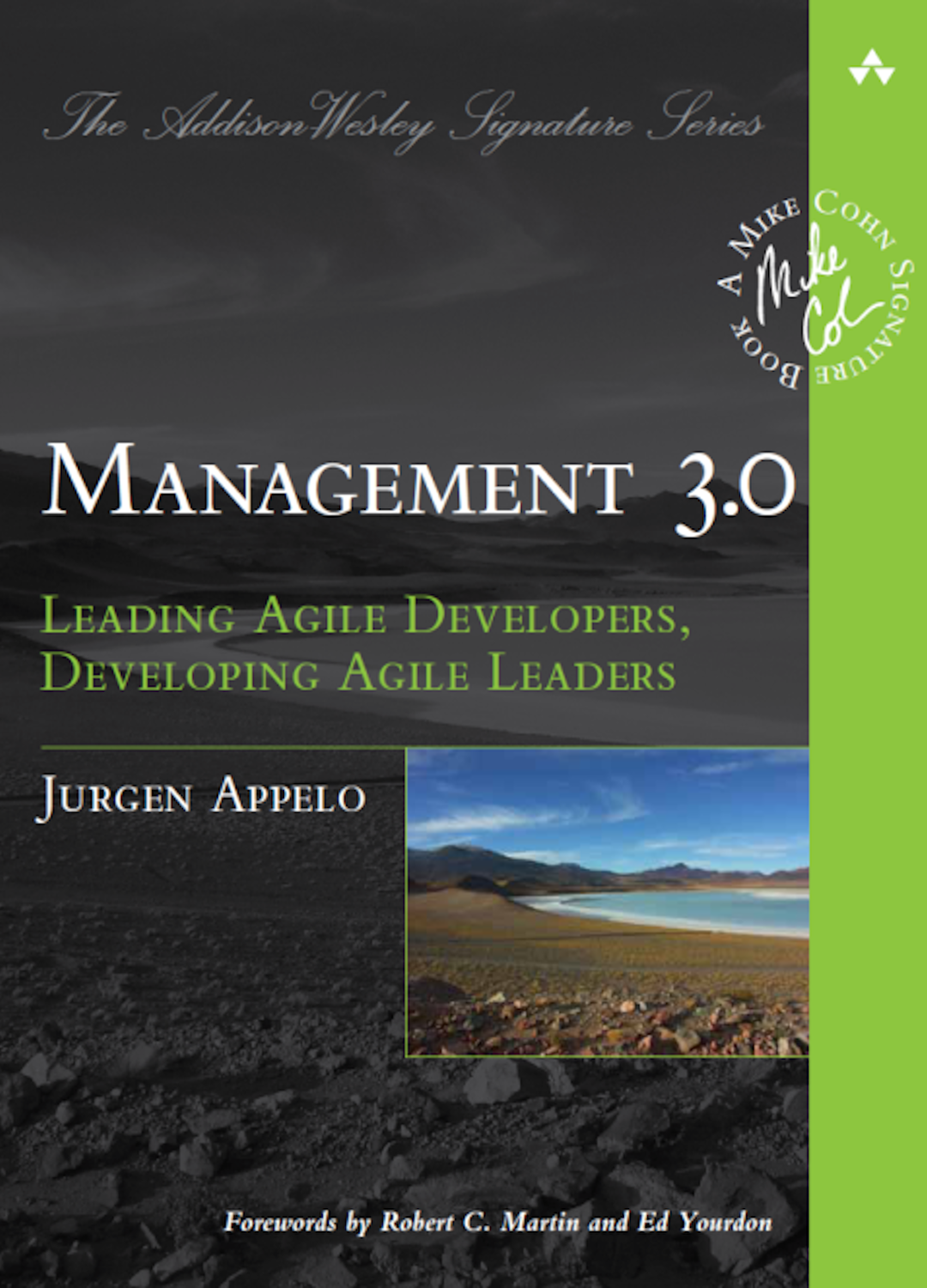In the age of AI, what’s the point of learning anything? The knowledge of the entire world is readily available at our fingertips.
Everything is changing about how we work, who we work with, and what work even is. The smart move is to stay ahead. I help you see what’s coming before the rest do. Subscribe to my Substack and stay sharp.
Long ago, in my first two years as a Computer Science student at the Delft University of Technology, I complained about the mandatory Linear Algebra and Stochastics classes. “Why do we need to learn all this stuff? We programmers are never going to use it. What's the point?” I considered the answer I received from our teachers as pointless as the classes themselves. “You must learn this just to prove that you can.”
I was reminded of my youthful challenge when a conference attendee recently approached me after a keynote. He said, “My son complained this morning about having to learn stupid stuff in school that he's never going to use. To be honest, in the age of AI, I find it hard to disagree with him. The machines already know more than my son can ever learn. What is your take on this? What can I tell him?”
Great question! Why bother?
What’s the point of lifting weights at the gym? You pick them up and put them back down. Why not just leave the barbells on the floor and avoid the sweat?
What’s the point of exploring a faraway country on vacation? You're probably never going back. Why not stay home and skip all the travel headaches?
What’s the point of knowing the difference between fish and marine mammals? There’s not much benefit in distinguishing Chondrichthyes from Delphinidae when one of them bites your leg off.
I remember addressing the same question in my novel.
Zha-Zhar paused to catch her breath, steadying herself with a hand against the splintered bark of a lifeless tree. Julien stepped closer, half-expecting her to collapse from sheer exhaustion—or from a lack of air between her own words. Yet, four or five heavy puffs later, she stood straighter than an undertaker after yoga class. Julien suspected the woman was far stronger than people imagined after their first judgment of her demeanor. “What’s at the end of this path?” she asked.
“At the end?” said Julien. “At the end is the beginning; it’s a circular hike.”
“Back where we started?” Big-eyed and loud-mouthed, Zha-Zhar nearly fell over with tree and all. “We just walk in a circle? Why?”
“The point is that we enjoy the hike and the fresh air for a few hours.”
“Huh. Could’ve done that sitting at the start,” Zha-Zhar muttered as she got ready to resume their walk. “Go all the way round to get back where we started. This world is bonkers.”
(excerpt from Glitches of Gods)
Honestly, I sympathize with anyone who's ever had to learn something they didn’t see the value in. “Mit – nach – bei – seit – von – zu – aus – außer – entgegen – gegenüber…” I can still recall (most of) the German Präpositionen I learned in high school, which have been useful exactly zero times in the forty years since. What was the point?
Actually, there are multiple points:
-
We learn seemingly useless things because we need to train our minds. Like lifting and dropping barbells strengthens our muscles, learning and unlearning information trains our brains. In the future of learning, particularly in the age of AI, we must get better at acquiring and discarding information because traditional knowledge work is outdated. The future belongs to those skilled in adaptation and continuous reskilling.
-
We learn seemingly useless things because, in the future of learning, human value comes from connecting dots between unrelated domains, using intuition and subconscious insights to spot rare patterns and solutions that LLMs wouldn't easily find. We are shifting from T-shaped individuals to M-shaped workers because making surprising connections across domains defines creativity.
-
We learn seemingly useless things because we appreciate the effort of mastering something. We enjoy showing off. My extensive knowledge of science fiction and fantasy literature, and the countless hours poured into my elaborate book spreadsheets, yield zero practical benefit. But in the future of learning, especially in the age of AI, it's increasingly important to find personal enjoyment, even when machines excel at knowledge production.
I'm pretty sure there are even more reasons, but these three should suffice next time your kids complain about pointless classes and useless knowledge.
This weekend, I explained to my family how they can distinguish a fish (such as a shark) from a mammal (like a dolphin) by observing how they swim: fish have side-to-side motions while mammals have up-and-down swimming motions, inherited from their land-dwelling ancestors. The tail fin of a fish is vertical, while that of a marine mammal is horizontal. The knowledge is practically useless, but I enjoyed showing off my expertise. And who knows? Maybe next time you'll know which direction to flee when facing a shark or an orca.
Most of what we learn these days is readily available through ChatGPT, Gemini, Claude, and all other LLMs. But the future of learning is about adaptation, creativity, and engagement. And sometimes, we learn just to prove to someone that we can.
After all, in the age of AI, what else are humans supposed to do?
(
p.s. I'm learning how the world of work evolves in the age of AI. In a small cohort of like-minded people, we will explore new fundamentals for leaders in seven sessions of three hours. Join us! It will be fun.


